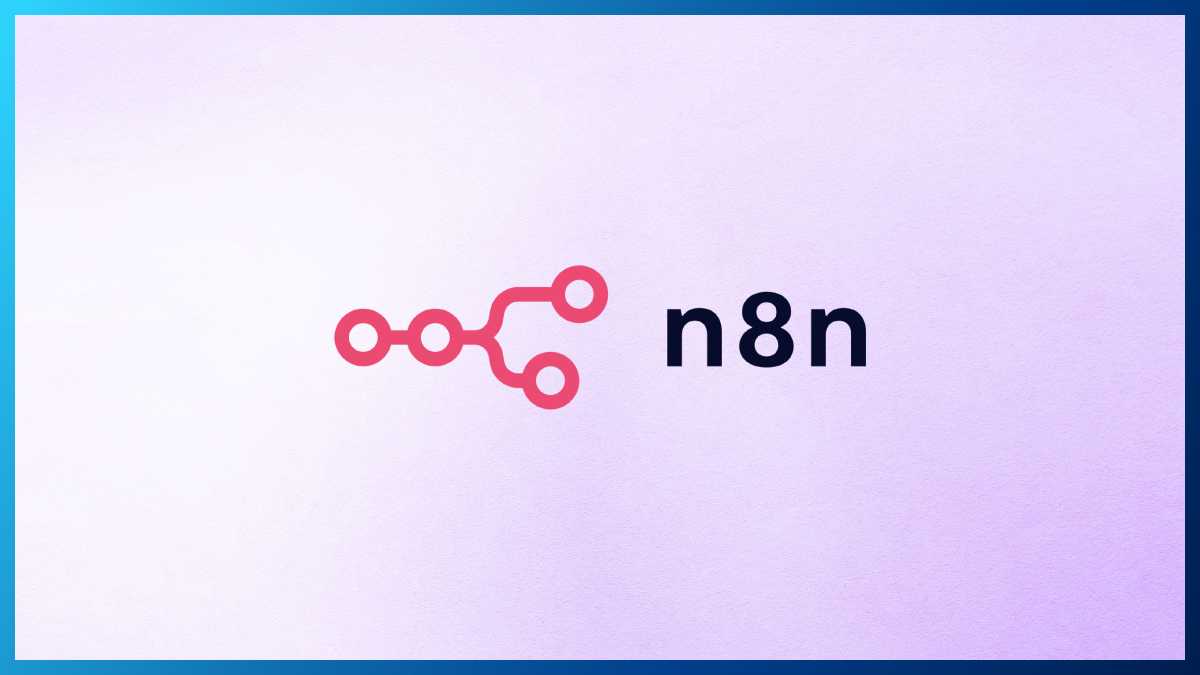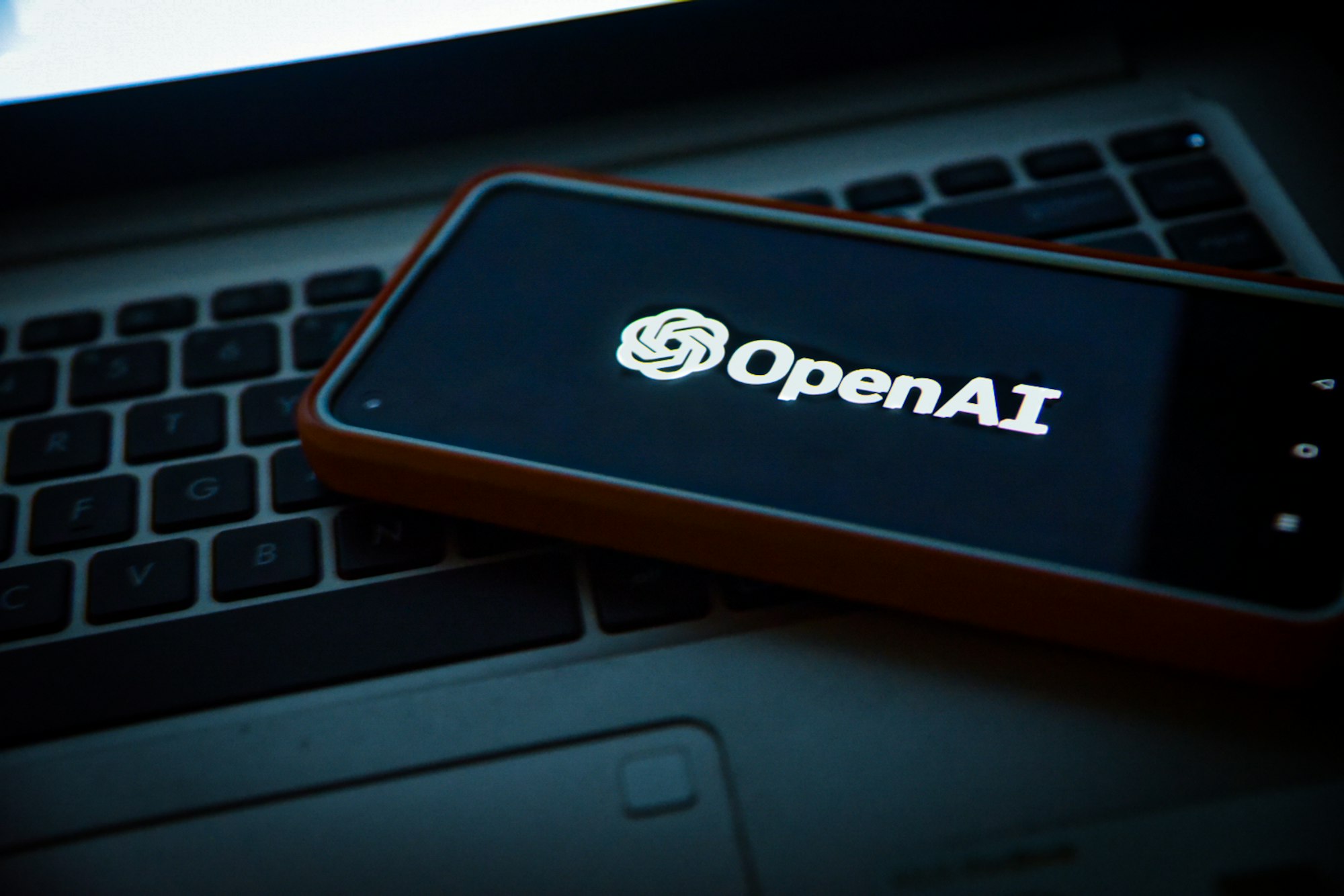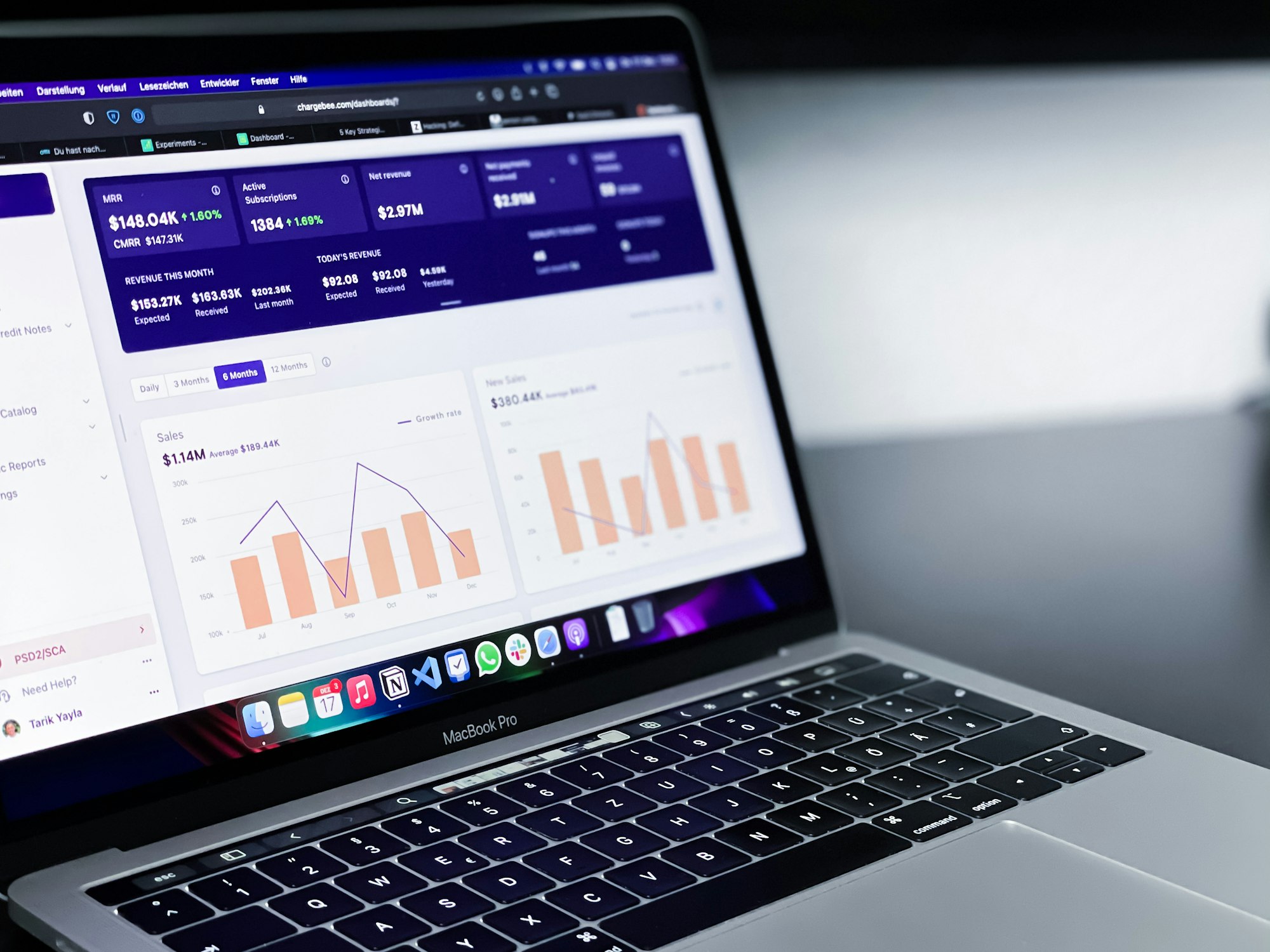Sebastian Siemiatkowski, the CEO of Swedish fintech giant Klarna, recently sat down with Bloomberg Television to deliver a stark warning about the AI job shock heading our way. His message ? We're not prepared for what's coming, especially when it comes to knowledge workers.
You might expect a tech CEO to sugarcoat the disruption or focus solely on the opportunities AI creates. Siemiatkowski takes a different approach. While he acknowledges that AI will eventually generate new employment opportunities, he's calling out what he sees as a dangerous blind spot : the immediate, short-term consequences of AI impact on jobs that society isn't equipped to handle.
"I feel a lot of my tech bros are being slightly, you know, not to the point on this topic. I think there is a massive shift coming to knowledge work."
This isn't just theoretical concern from someone on the sidelines. The Klarna CEO has put his company's money where his mouth is, investing heavily in AI and even declaring Klarna as OpenAI's "favorite guinea pig" back in 2023. His perspective carries weight because he's witnessed both the promise and the pitfalls of AI implementation firsthand.
Understanding Klarna's Role in AI Innovation
Klarna is one of Europe's leading buy-now-pay-later companies, changing the way consumers shop online and manage payments. Under the leadership of CEO Sebastian Siemiatkowski, this Swedish fintech company has expanded its reach globally, catering to millions of customers in various markets.
Klarna's Deep Connection with Artificial Intelligence
Klarna has a strong connection with artificial intelligence (AI). In 2023, Siemiatkowski boldly declared that Klarna was OpenAI's "favorite guinea pig," a statement that holds true. This partnership with OpenAI shows Klarna's dedication to being a leader in experimenting with and implementing AI in the financial technology industry.
Strategic Investments in AI
Klarna has made significant and strategic investments in AI. The company has allocated substantial resources towards using AI technologies to improve its business operations, seeing this investment as a necessary transformation rather than an optional upgrade. Siemiatkowski himself is a passionate supporter of AI, consistently highlighting its potential to bring consistency and quality to specific tasks.
Hands-On Experimentation by the CEO
The CEO's enthusiasm for AI goes beyond just words he actively engages in hands-on experimentation. Siemiatkowski has personally tried out "vibe coding" and other AI applications, firmly believing that "people should not be afraid of technology." This involvement from top leadership demonstrates how seriously Klarna takes its role as an innovator in the fintech industry.
The Current Landscape : How AI is Impacting Jobs
The AI job market impact is no longer a distant threat it's happening right now, and the data tells a stark story. Stanford economists revealed that in fields where AI can replace roles, entry-level employment has dropped by 13% over the past three years for workers aged 22-25. You're seeing this play out across industries as companies recalibrate their hiring strategies.
Knowledge workers face unprecedented disruption as AI systems tackle tasks once considered uniquely human. The AI disruption in jobs extends beyond simple automation, targeting roles that require analytical thinking and decision-making. Customer service positions have become testing grounds for this transformation, with companies deploying AI chatbots to handle inquiries that previously required human agents.
The graduate recruitment sector illustrates how quickly things are changing. PwC announced plans to dramatically reduce its graduate intake in 2025, citing AI's ability to handle work traditionally assigned to entry-level candidates. You need to understand that this isn't about replacing a few positions here and there it's a fundamental restructuring of how companies approach workforce planning.
Routine tasks across white-collar professions are particularly vulnerable. Data entry, basic analysis, initial customer interactions, and preliminary research these responsibilities are being absorbed by AI systems that work faster and don't require benefits packages. The question isn't whether your industry will be affected, but when and how severely.

Challenges Faced in Replacing Human Jobs with AI Systems
The gap between AI's promise and its practical execution becomes clear when you examine real-world implementation failures. Klarna's own experience serves as a cautionary tale about rushing into full AI replacement. In May, the company reversed its decision to replace 700 customer service positions with AI systems after customers reported dissatisfaction and poor quality support. This AI customer service replacement failure forced Klarna to rehire human workers, demonstrating that even companies at the forefront of AI adoption face significant hurdles.
The disconnect between partial success and complete replacement puzzles many organizations. You'll find that companies are seeing return-on-investment with AI spending in specific areas, yet experiments that fully replace workers with AI consistently fall short. The technology excels at handling routine queries and straightforward tasks, but struggles with :
- Complex problem-solving requiring contextual understanding
- Emotional intelligence and empathy in sensitive situations
- Nuanced decision-making that considers multiple variables
- Handling unexpected scenarios outside training parameters
This pattern reveals why the Klarna CEO Says the World Isn't "Ready" for AI Job Shock the technology hasn't matured enough to seamlessly replace human judgment across entire job functions. The unclear AI replacement success rates across industries suggest that while AI can augment human work effectively, complete substitution remains problematic. Companies investing heavily in AI face a reality where partial implementation delivers value, but full workforce replacement introduces quality and reliability issues that undermine business objectives.
The Broader Societal Implications of the AI Job Shock
Siemiatkowski's stark assessment cuts through the optimistic narratives often surrounding AI adoption. His warning isn't just about individual job losses—it's about societal readiness for AI-driven employment shifts on a scale we haven't experienced before.
The Klarna CEO's perspective challenges what he calls the tech industry's tendency to downplay the immediate human cost of automation. During his Bloomberg Television interview, he emphasized that the disruption will hit knowledge workers particularly hard, a demographic traditionally considered safe from automation threats. This represents a fundamental shift from previous technological revolutions that primarily affected manufacturing and manual labor.
The speed of this transformation sets it apart from historical precedents. You're looking at a situation where AI capabilities are advancing faster than our social safety nets, retraining programs, and policy frameworks can adapt. When Stanford economists found that entry-level employment dropped 13% in AI-affected fields over just three years, it revealed how quickly these changes materialize.
What makes this particularly concerning is the expansion trajectory. AI started with routine tasks and entry-level positions, but it's rapidly moving into complex knowledge work the kind of roles that require years of education and experience. Legal research, financial analysis, content creation, and strategic planning are all seeing AI encroachment. The workforce transformation Siemiatkowski predicts isn't a distant possibility it's already underway, and the systems we rely on to manage such disruptions simply aren't equipped to handle the pace or magnitude of what's coming.

Balancing Job Losses with Job Creation Through AI : A Long-Term Perspective
The debate around AI job creation vs job loss often misses a critical timing element that Siemiatkowski emphasizes. Yes, artificial intelligence will generate new employment opportunities. The problem ? These positions won't materialize fast enough to catch workers who are losing their jobs right now.
Siemiatkowski acknowledges that AI will create jobs, but he's clear-eyed about the timeline. New roles in AI development, maintenance, and oversight will emerge over years, not months. You can't tell someone whose position was eliminated today that they'll benefit from opportunities that might exist in 2030.
This temporal mismatch creates a dangerous gap. Workers displaced by AI automation need support now, during the transition period. Waiting for the job market to naturally rebalance ignores the immediate financial and psychological toll on affected individuals and their families.
The Klarna CEO's position challenges the common tech industry narrative that innovation automatically creates equal or greater employment. That equation might balance eventually, but the "eventually" part matters enormously. People need to pay rent, feed families, and maintain their livelihoods while the market adjusts.
Short-term interventions become essential :
- Retraining programs that respond to current market demands
- Financial support systems for displaced workers
- Career transition services that help people pivot quickly
- Policies that bridge the gap between job loss and job creation
You need strategies that address today's displacement while building toward tomorrow's opportunities.

Preparing for an Uncertain Future : Recommendations for Businesses and Policymakers
Sebastian Siemiatkowski's warning that the Klarna CEO Says the World Isn't "Ready" for AI Job Shock carries specific implications for how organizations and governments should act now. His experience implementing AI at Klarna including the failed attempt to replace 700 customer service workers offers valuable lessons about rushing into automation without proper preparations for future AI consequences.
Recommendations for Businesses
The path forward requires a measured approach :
- Invest in reskilling programs before implementing AI systems that replace workers, not after
- Test AI implementations gradually rather than wholesale replacements of entire departments
- Maintain human oversight for quality control, as Klarna learned when customer satisfaction dropped with AI-only support
- Create internal mobility pathways that allow displaced workers to transition into newly created roles
Recommendations for Policymakers
Policymakers face equally pressing responsibilities :
- Develop robust social safety nets specifically designed for rapid job transitions
- Fund large-scale retraining initiatives that prepare workers for AI-adjacent roles
- Establish regulations that require companies to provide transition support for displaced workers
- Create tax incentives for businesses that prioritize worker retraining over immediate replacement
You need to recognize that Siemiatkowski's concerns stem from real-world experience with AI implementation. His company's reversal on customer service automation demonstrates that even AI advocates understand the technology isn't a simple plug-and-play solution for workforce replacement.
Conclusion
The Klarna CEO warnings about AI's impact on employment demand immediate attention from all stakeholders. Sebastian Siemiatkowski's candid assessment that the world isn't "ready" for AI job shock should serve as a wake-up call. You can't tackle this challenge alone whether you're running a business, shaping policy, or part of the workforce facing these changes.
The future of work with AI requires unprecedented collaboration between companies, governments, and society. When the Klarna CEO says the world isn't "ready" for AI job shock, he's highlighting a gap that only collective action can bridge. You need to start preparing now, investing in retraining programs, developing safety nets, and creating frameworks that protect workers while embracing innovation's potential.
FAQs (Frequently Asked Questions)
Who is Sebastian Siemiatkowski and what is his perspective on AI's impact on jobs ?
Sebastian Siemiatkowski is the CEO of Klarna, a leading buy-now-pay-later company. He believes that the world is not prepared for the disruptive effects of artificial intelligence (AI) on employment, warning of an impending AI job shock that could significantly transform the workforce.
How is Klarna involved in AI innovation and what partnerships support this ?
Klarna has been a long-standing champion of AI technologies, heavily investing in AI to transform its business operations. The company has established a strategic partnership with OpenAI to leverage cutting-edge AI solutions, positioning itself at the forefront of AI-driven financial services innovation.
What current impacts is AI having on the job market, particularly for entry-level and knowledge workers ?
AI is already disrupting the job market by reducing employment opportunities among entry-level candidates aged 22-25, especially in roles involving routine tasks. Knowledge workers are also affected as AI automates functions in sectors such as customer service and graduate recruitment, leading to significant workforce shifts.
Why have some companies, including Klarna, struggled to fully replace human jobs with AI systems ?
Despite potential ROI from partial AI implementations, many companies face challenges replacing human roles due to issues like poor quality support from AI systems. For instance, Klarna reversed its decision to replace 700 customer service positions after experiencing subpar performance from AI replacements, highlighting limitations in current AI capabilities.
What are the broader societal implications of the AI job shock according to Klarna's CEO ?
Sebastian Siemiatkowski warns that society is unprepared for the rapid and large-scale employment disruptions caused by AI. As automation extends beyond entry-level roles into more complex knowledge work, there will be profound transformations in workforce dynamics requiring proactive societal and governmental responses.
What recommendations does Klarna's CEO offer for businesses and policymakers to address future AI-driven job displacement ?
The CEO emphasizes the need for proactive strategies to manage employment shifts caused by AI. Recommendations include developing short-term support mechanisms for displaced workers, fostering collaboration between companies, governments, and society, and preparing policies that balance job losses with new opportunities created by emerging AI technologies.




